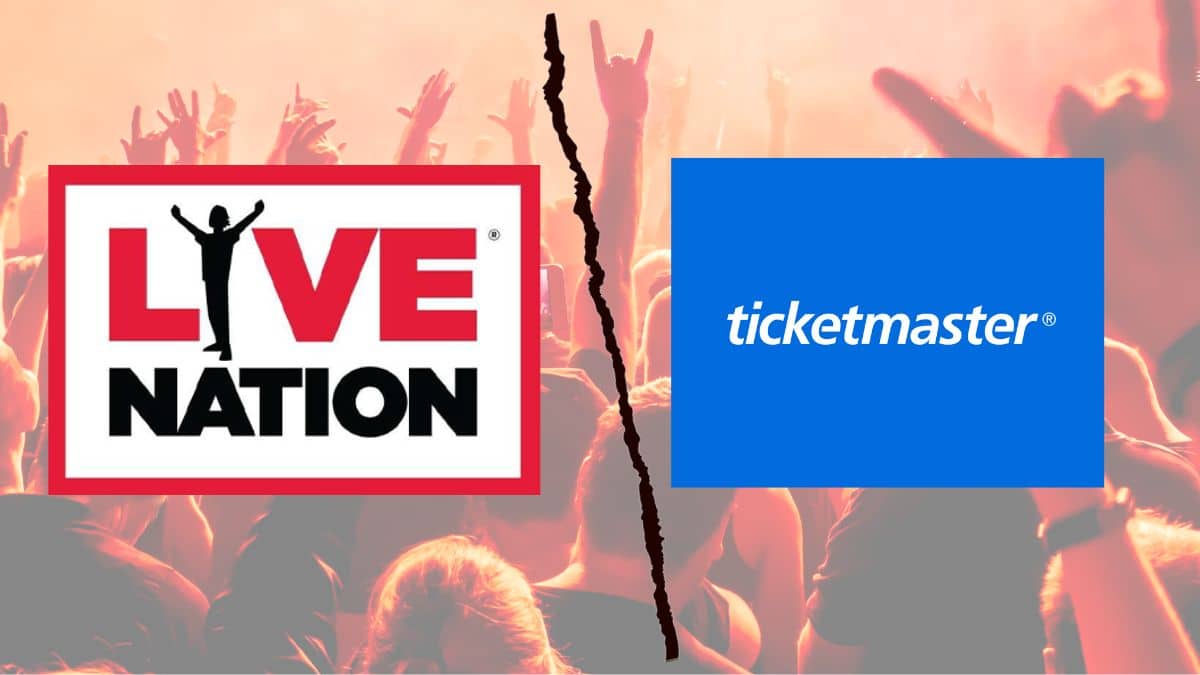Ticketmaster and its parent company Live Nation wanted to have the ability to force consumers into an arbitration process to resolve their antitrust claims. After a U.S. judge slashed their bid last year, the dispute has now moved to the Ninth Circuit appeals court.
According to Ticketmaster’s terms and conditions, consumers must take grievances to private arbitration. The bellweather arbitration process means that hearings would be held in private and hinders others from filing a class-action lawsuit. While the process is more cost effective and saves both parties from battling in court, it also ensures privacy and keeps claims out of the public eye. This would be in Ticketmaster’s favor, as there is already an investigation into its 2010 merger with Live Nation by the Department of Justice.
| READ: U.S. Judge Slashes Live Nation, Ticketmaster’s Bid for Arbitration |
While private arbitration has worked for the ticketing giant in the past, Ticketmaster recently changed its chosen arbitrator from a company called JAMS to another company, New Era. Last year, U.S. District Judge George H. Wu rejected the bid by Live Nation and Ticketmaster, noting that the change in arbitrator was an “unfair surprise” for ticket buyers and the forced-arbitration was “procedurally unconscionable.” Additionally, he questioned the power of the mass arbitration process that could group cases together. Wu said this would limit clients’ ability to prove their cases in court.
The plaintiffs also argued that Ticketmaster’s change in arbitrators was intentional and aimed to make it harder for clients to pursue claims in court. While JAMS notes on its website it “successfully resolves business and legal disputes by providing efficient, cost-effective and impartial ways of overcoming barriers at any stage of conflict,” New Era boasts what plaintiffs call a “non-traditional approach” where they “eliminate litigation gamesmanship” and offer “fair, efficient, pragmatic, flat fee 100-day arbitrations and mediations.”
However, Live Nation said they “respectfully” disagreed with the ruling, calling “the district court’s refusal to send this case to arbitration is inexplicable given the parties’ clear intent … nothing about the mere change in arbitration providers here was unfair, unexpected, or otherwise unconscionable.”
Live Nation initially filed the appeal with the Ninth Circuit last November, but its filing was just made public last week.
Over the last week, the DOJ’s inquiry into Live Nation and Ticketmaster’s business practices has expanded with a fresh demand for new information and documents, according to a report by Bloomberg. The inquiry follows years of accusations that the globe’s largest concert promotor and the globe’s largest ticketing company, which merged in 2010, operate as an illegal monopoly. This new set of requests will likely bring forth a trial later this year.


